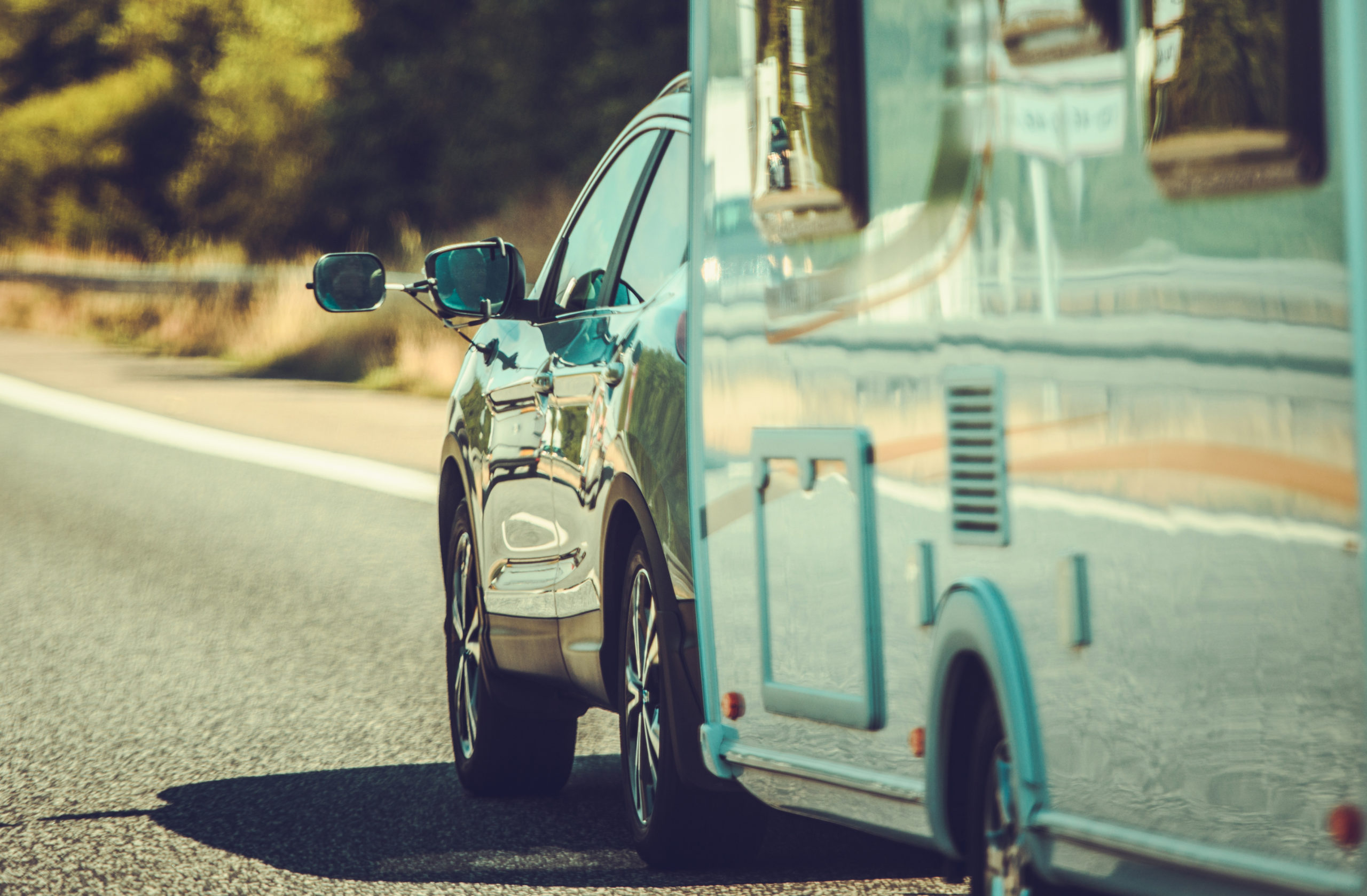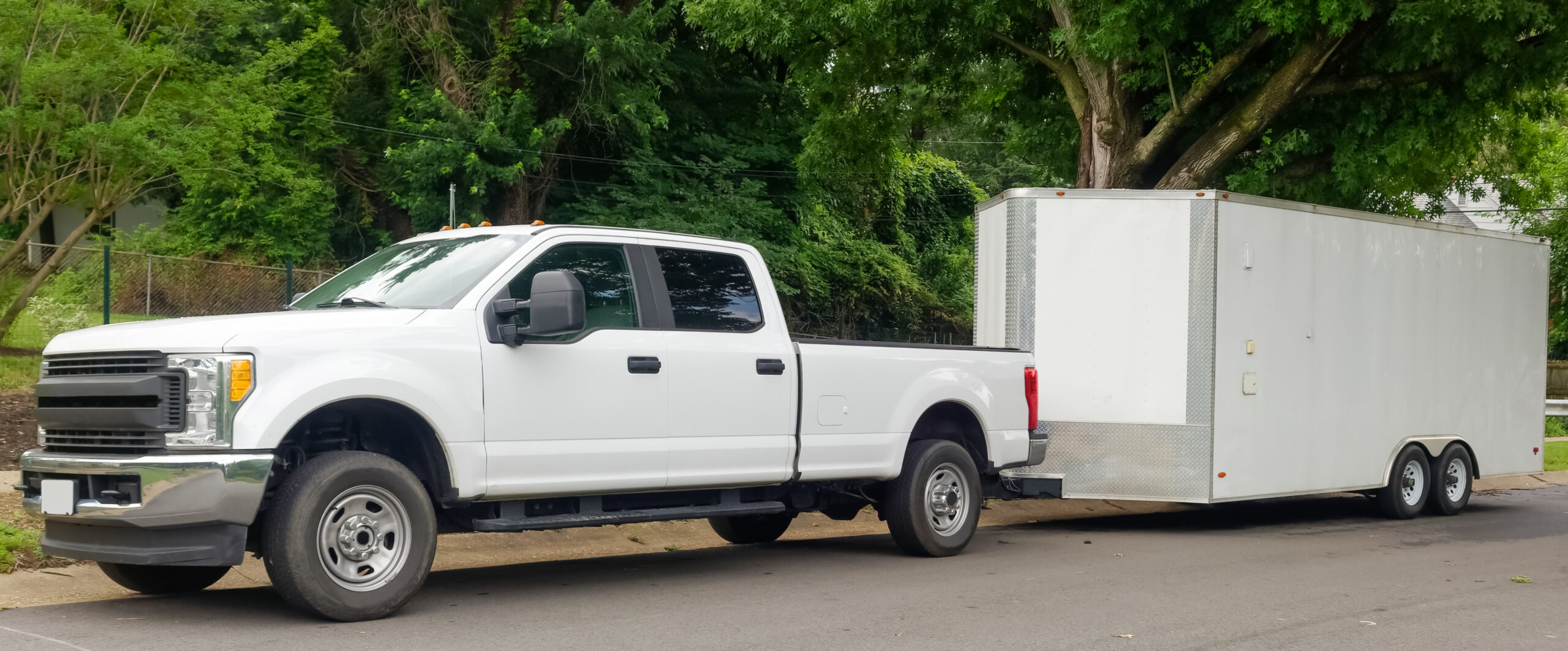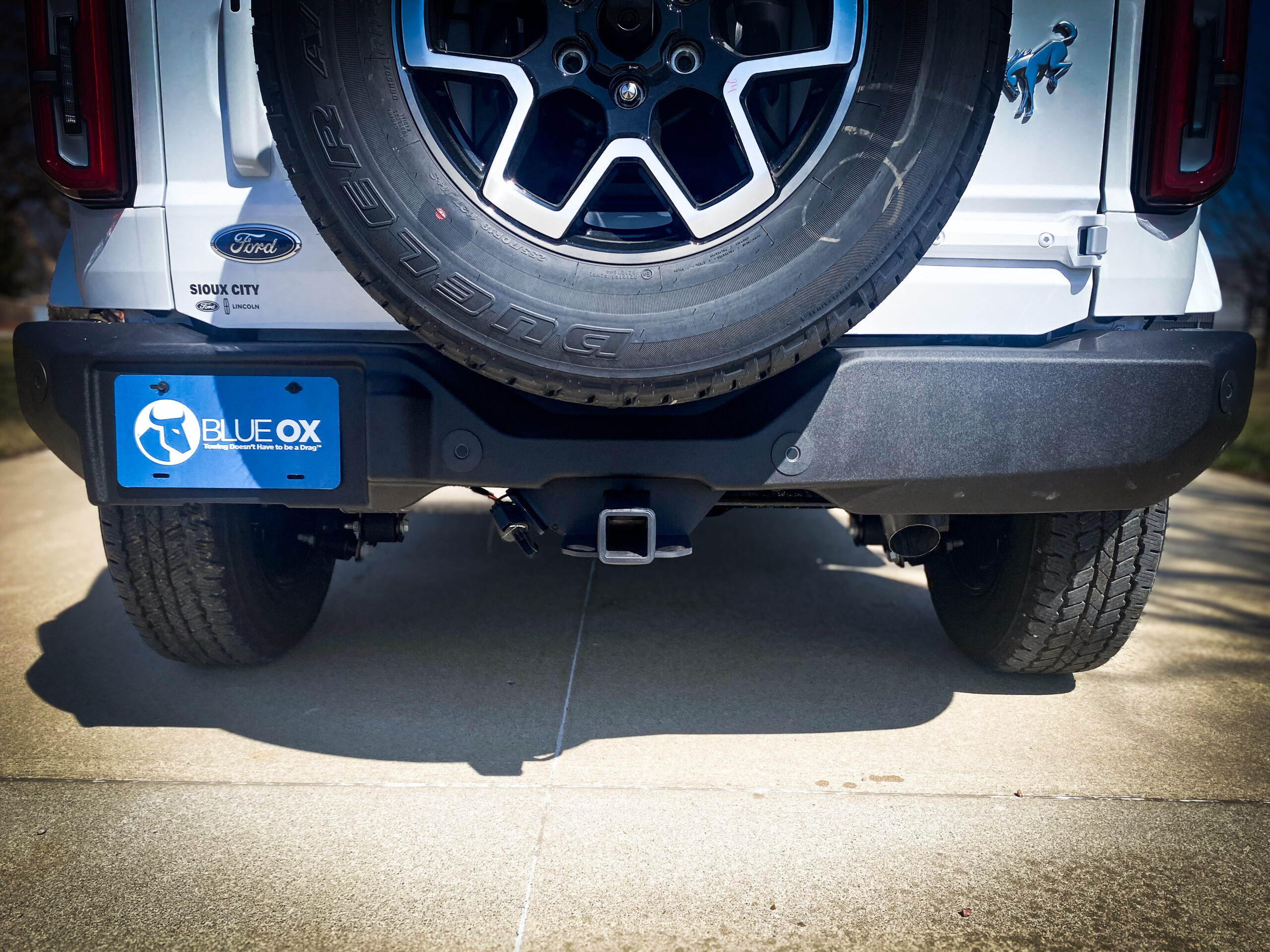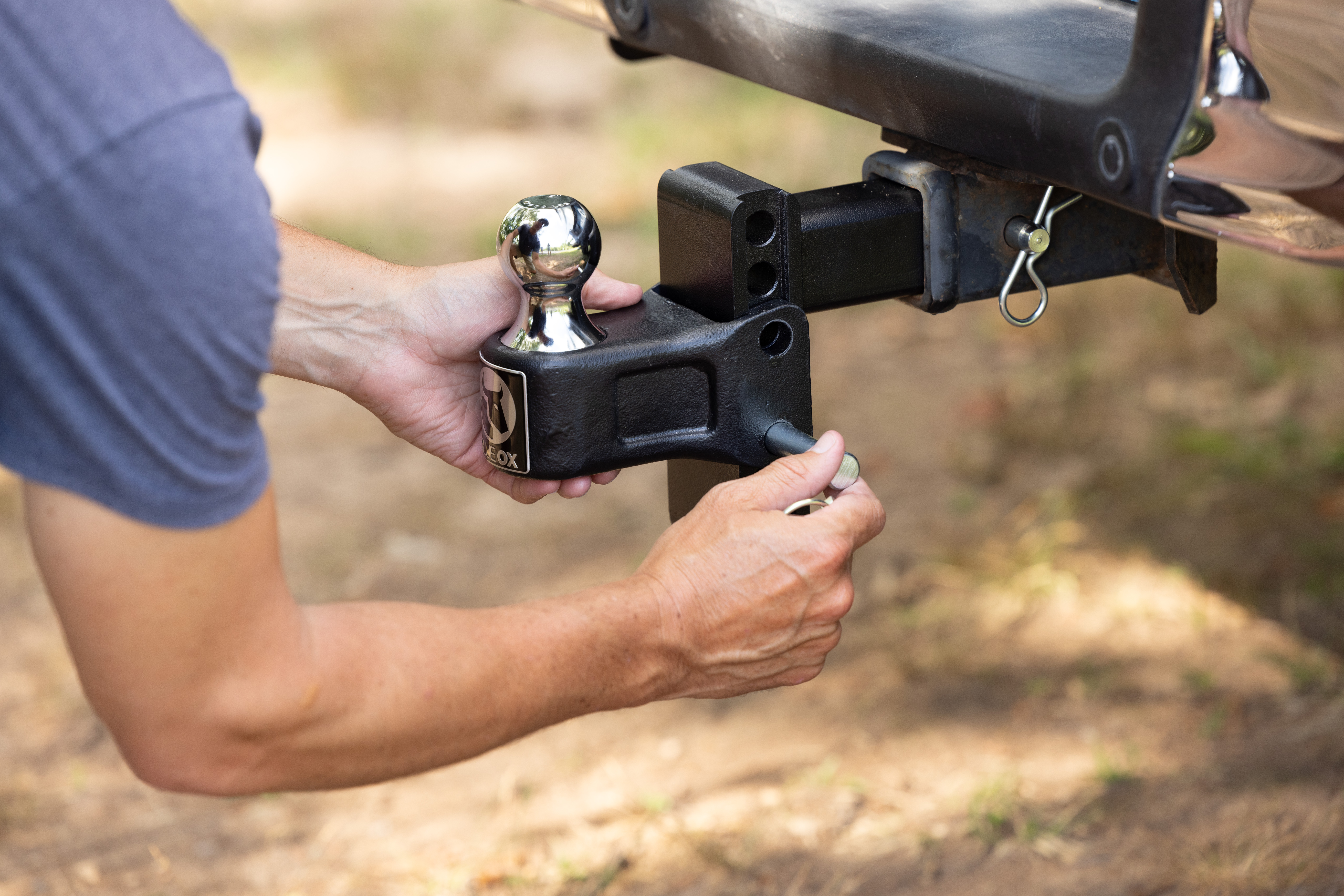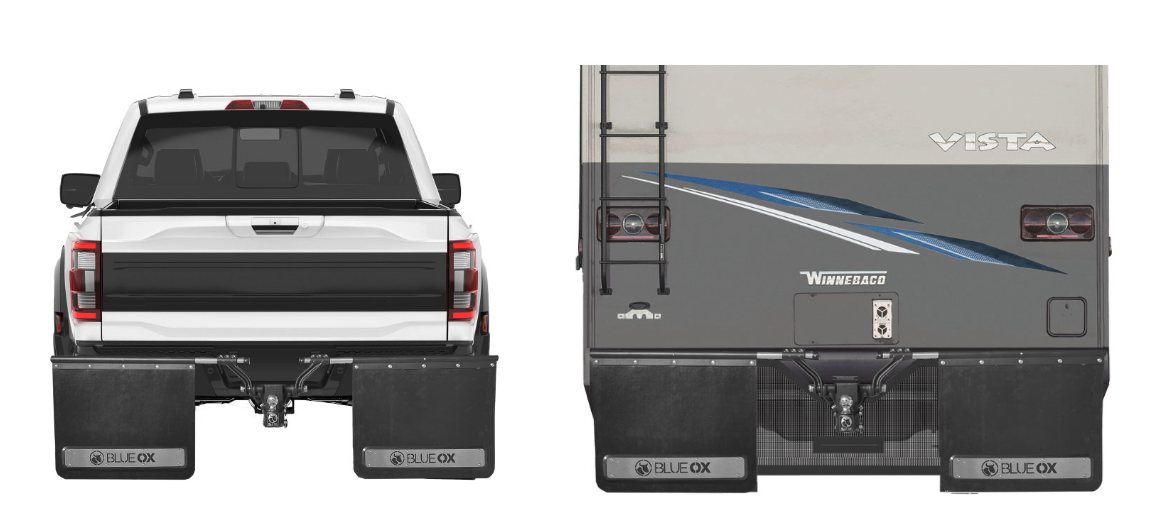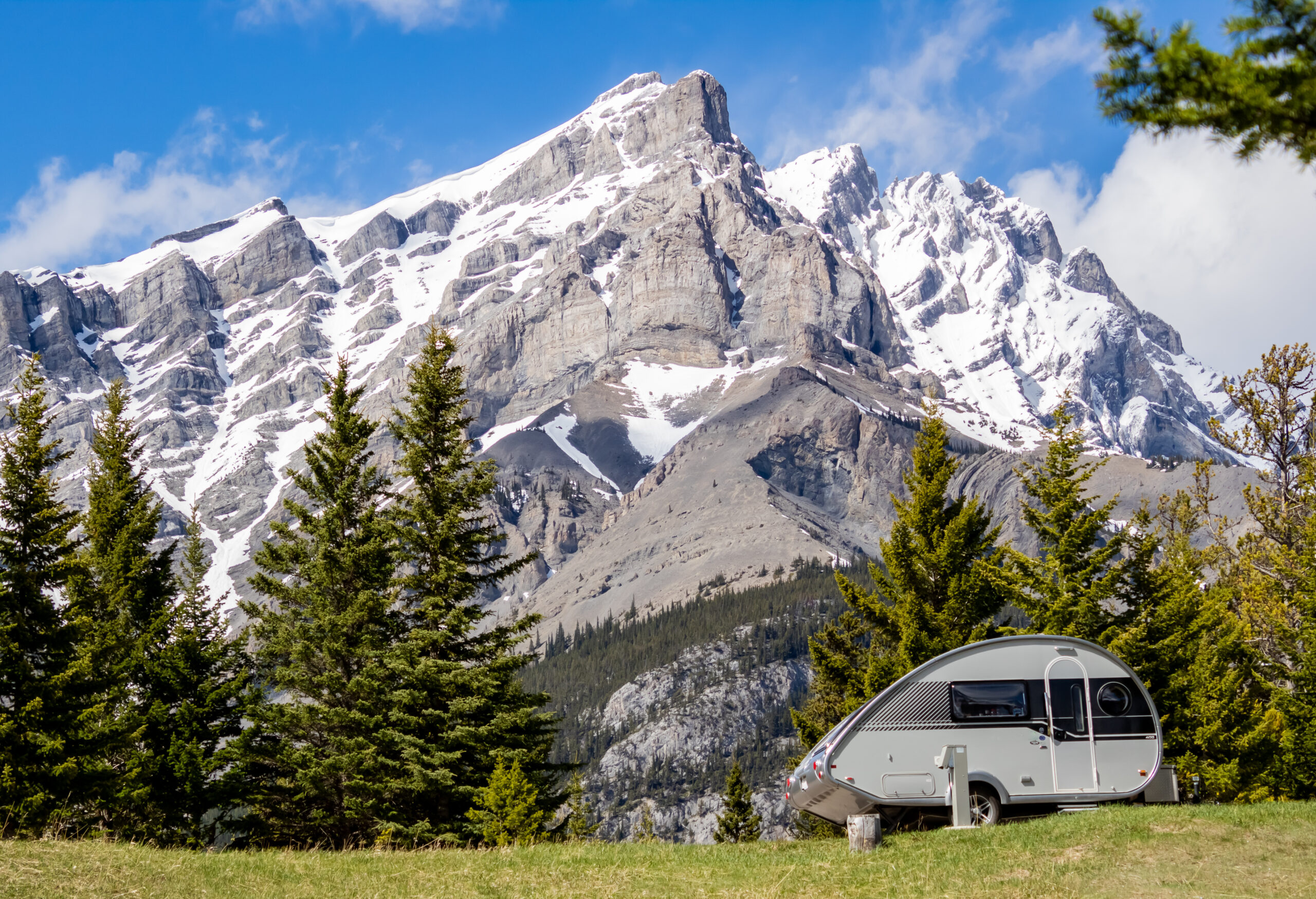If you’re new to towing, it is important to know how to avoid common trailer towing mistakes. Even those who are seasoned veterans might need a refresher from time to time! Preventing yourself from making these mistakes can keep you safe on the road and help you avoid accidents that could cost you time and money.
Engine Temperature Gets Too Hot
The engine of your tow vehicle can get severely damaged if it isn’t being cooled properly. Letting your engine become overheated creates a domino effect that can lead to permanent damage like cracked pistons, a warped head, or scored cylinder walls. Keep a close eye on your pressure, temperature gauges, and exhaust gas temperature gauges to avoid a total meltdown on the side of the road (or worse, needing a new transmission).
Neglected Brakes
Have you ever been driving in hilly or mountainous terrain and witnessed someone’s brakes smoking or even bursting into flames? If not, you’ve probably at least smelled your own brakes getting hot while making your way down steep grades. Brakes have one of the most important jobs on your vehicle and trailer, but they often get overlooked. Trailer brakes don’t self-adjust like the brakes on your tow vehicle, so you must manually adjust them yourself. Trailer brakes wear down just like the brakes on your vehicle, so checking for wear and tear is crucial to ensuring they are going to work correctly.
Overloading Your Vehicle
When you’re pulling a heavy load, it takes a toll on your vehicle. Even if your tow vehicle’s engine has plenty of power to pull more than it should, that doesn’t mean the rest of the vehicle can handle it. By overloading it, you might end up with broken hitches, worn bushings, or blown-out shocks. Before every tow, remember to check the hitch, ball mount, suspension, and frame for signs of stress or damage.
Towing with the Wrong Ball Size
Towing with the wrong ball size might seem like a silly mistake, but it happens. There are three different sizes of balls: 1 ⅞ inch, 2 inches, and 2 5/16 inch. Each of these has a separate weight rating. If you use the incorrect ball, it can pitch your trailer up or down on the axels while putting additional stress on your tires and breaks.
Having Low Tire Pressure
You should be aware of tire pressure for all tires before every trip on your vehicle and trailer. Ensure they all are evenly inflated at the correct pressure will allow them to wear evenly and help you avoid a blowout on the road. This can be especially important for the trailer tires since many trailers sit during the off-season. They can lose air and degrade faster than if they were being used consistently, so check their wear and tear as well.
Driving Too Fast While Towing
Sure, it is exciting to get to your destination, especially if it is a long trip, but just because you can go faster doesn’t mean you should. Slow and steady is the way to be when towing a trailer. Working your tow vehicle too hard can create excessive heat that can break engine internals or blow out the rear end. Going to fast with a trailer in tow can also make it harder to stop in an emergency or create dangerous trailer sway.
Using Wrong Weight Distribution Bars
When it comes to weight distribution bars, bigger is not necessarily better, so make sure to check your tongue weight and get the correct equipment. Without the right set-up, you’re likely to notice your vehicle and trailer bouncing around and are more likely to experience trailer sway. It could become difficult to steer and could damage the trailer frame and hitch. When loaded and using the proper set-up, the load bars should be parallel to the frame of the trailer.
Get The Equipment You Need To Tow Safely
The SwayPro weight distribution hitch is one of the easiest and safest trailer sway prevention devices on the market. It has an easy-to-use design, making it user friendly and virtually error-free! With SwayPro, you get self-locking spring bars that are able to flex for optimal weight distribution and sway prevention. Contact us today to learn more!

